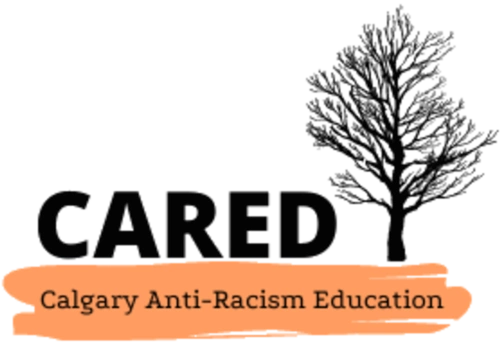
Donate to the Linda McKay-Panos Scholarship Fund

Donate to the Linda McKay-Panos Scholarship Fund


For authentic relationships among racialized individuals and white individuals, self-knowledge is necessary to help us understand our different relationships to race, racism, and culture. Moreover, it helps us to become aware of how we may consciously or unconsciously perpetuate white (or light-skinned) privilege or remain in a state of ignorance about how we collude in racism through our assumptions, beliefs and behaviours.
For example, white facilitators who do not have self-knowledge will expose participants to their un-accessed assumptions that will reinforce white privilege and normalcy, and thus perpetuate racism in their everyday practices and relationships. For racialized people, self-knowledge is important in order to process their daily lived experiences of racism so that they do not collude in their own oppression or the oppression of other racialized people.
In Canada, where white values and ideals are inherent in all institutional policies, practices, and procedures, as well as in individual attitudes, beliefs and assumptions, it becomes difficult not to “think white.” For racialized people, this means attempting to take on white values in an effort to “fit in” to the existing systems while at the same time being oppressed by the system because they are not white. For white people who do “fit in” to the existing systems, there is a feeling of normalcy that plays out as white privilege and power. White individuals receive unearned benefits that they believe have been earned. It is impossible to understand and address the above discrepancies without self-knowledge. ↳ See our glossary definitions of Internalized Racism/Dominance, Internalized Racism/Oppression and White Privilege
Related to self-knowledge is self-identification, or the ways that we affiliate ourselves with one or a range of identity groups (racial or other), which may be multiple and shifting. We need to recognize the ways that we and others respond to our ideas of identification, and how identification(s) plays out in anti-racism work.
↳ Click here to find a list of Learning Actions that address these issues through inventories and questionnaires




2500 University Drive NW
Calgary, AB T2N 1N4
(403) 220-2505
aclrc@ucalgary.ca